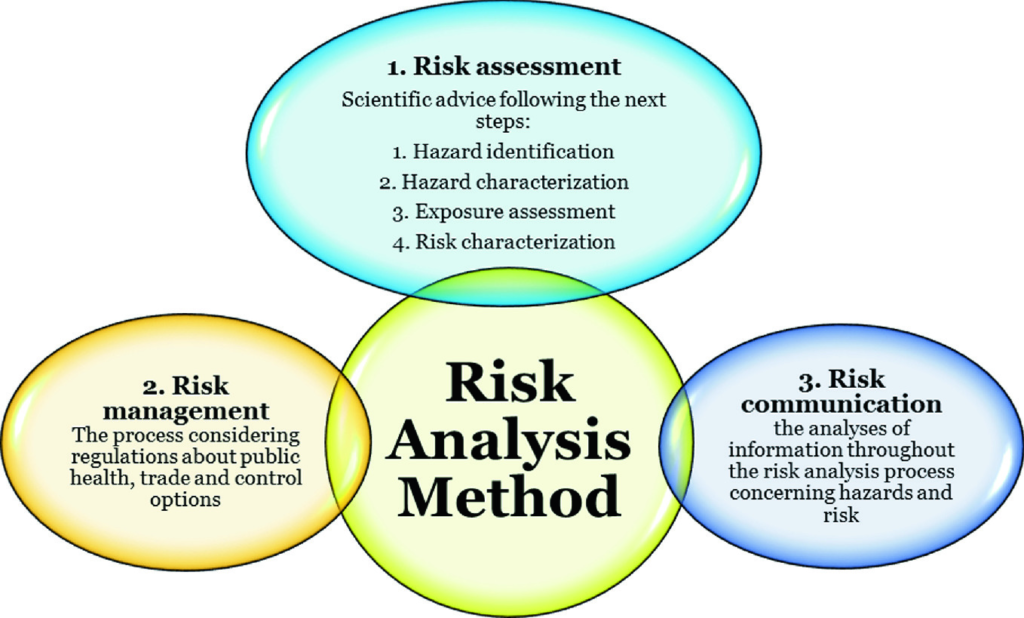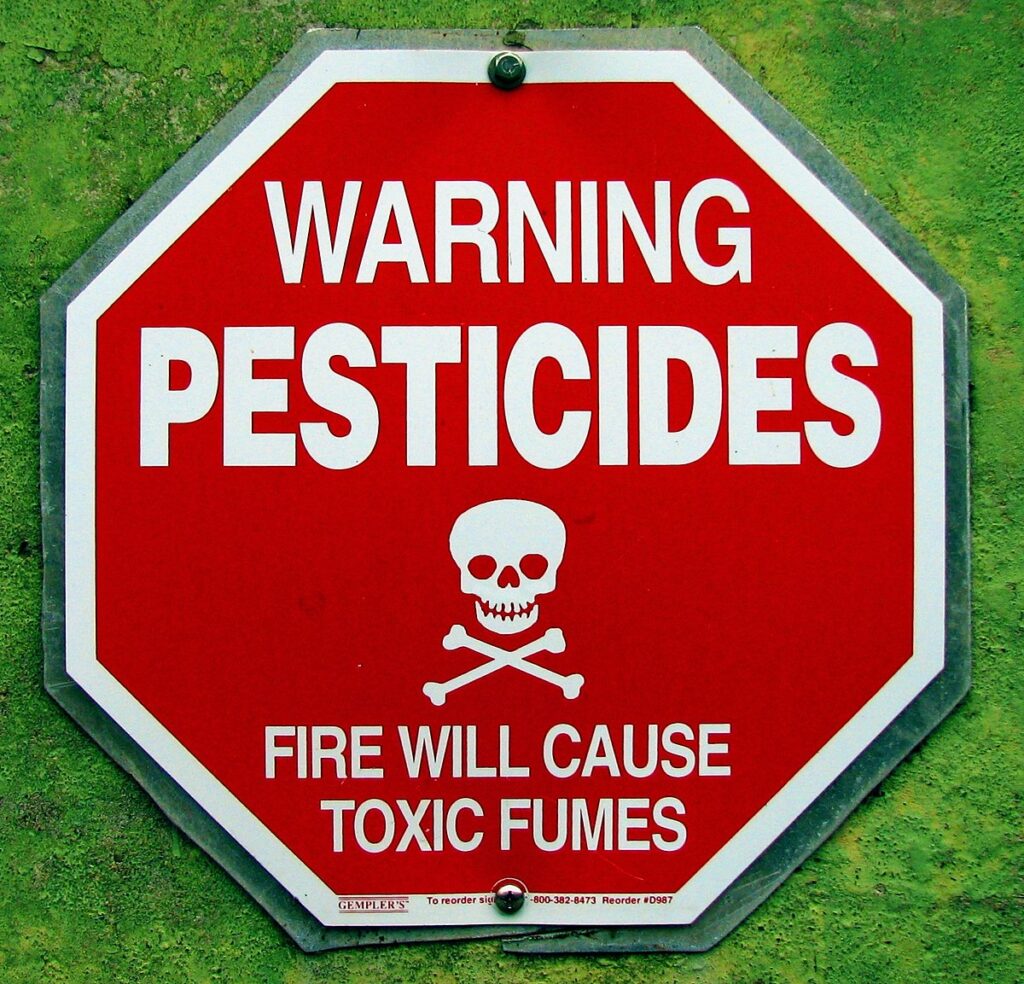There are several legal and professional responsibilities while using pesticides. Different countries propose different acts and laws for using pesticides and other chemicals. The use of pesticides is very common in places where people live. Because the presence of several pests in our living area always annoys us. The pests like cockroaches, mosquitoes, ants, bees, woodlice, etc are common pests that cause damages to properties and also cause health issues. So, we use some natural remedies or pesticides that are easily available in the market to get rid of these pests. According to WHO, “pesticides means any substance or mixture of substances of chemicals or biological ingredients intended for repelling, destroying or controlling any pest or regulating plant growth”. Using pesticides on your own is not much safe.

To apply pesticides effectively for your pest problem, you need to assess the situation correctly. The type of pests present, the severity of the infestation, and the type of pesticide you use all need to be checked thoroughly. While storing, handling, applying, and disposal of pesticides and their containers you need to ensure safety and efficacy to minimize adverse health and environmental effects to humans and animals. There are legal responsibilities for using pesticides. So, for an effective result and safe use, you can approach companies who provide pest control services nearby our cities. The New Star Pest Control is one of the best pest control service companies in the UAE that provides their services across Dubai, Sharjah, Abu Dhabi, and Ajman.
How to Manage the Risk of Pesticides?
The aim of the risk management of pesticides is to minimize or eliminate illness or injury while applying the pesticides. The risk factors for using a pesticide will be of different forms. It may be related to the chemical content of the pesticide, the nature and type of infestation, and the amount of pesticide you need to apply in that place. So, it is always safe to approach any pest control company for consultation.

If you need to do it your self go through the steps given below to reduce the risk element in applying pesticides.
- a) identifying the pesticide hazards
- b) identify the degree of risk in storing and application of pesticides
- c) find appropriate measures to control or eliminate the risk of using the pesticide
- d) ensure appropriate supervision and read the instruction given in the label of pesticides.
The risk assessment should be made to cover the risk factors that the pesticide makes to the user, others, and the place where we use it. Check the risks to users from the preparation and use of pesticides and control the contact with the pesticide according to it. legal responsibilities for using pesticides. Take specific control measures to eliminate the risks to others from spray drift, residues, contamination, and disposal. Also check whether there is any chance for risks to persons, property, and the environment by accidental events such as spillage or fire in storage or transport.
3 Routes of Exposure to Pesticides
While using pesticides you need to assess the exposure to risk for all persons. The physical risks of using pesticides should be thoroughly studied before using them by yourself. Because most of these effects cant be seen immediately after using them. There are three ways through which pesticides can enter the body which is called routes of exposure.

While assessing the risk factor consider each of these ways separately to get a clear-cut idea. Legal responsibilities for using pesticides. The routes of exposure are
Inhalation:
It is an important route of entry that may occur while spraying the pesticide. The exposure occurs by breathing in airborne concentrations of a pesticide in the form of an aerosol, mist, or vapor.
Skin Contact:
It is another common route of entry. Many pesticides are readily absorbed through the skin or eyes. The formulations which contain solvents and surfactants will increase skin absorption.
Ingestion:
It is comparatively a minor route of exposure to pesticides. It may occur accidentally like splashing while mixing or spraying. Smoking or eating while handling pesticides is often the cause of ingestion.

